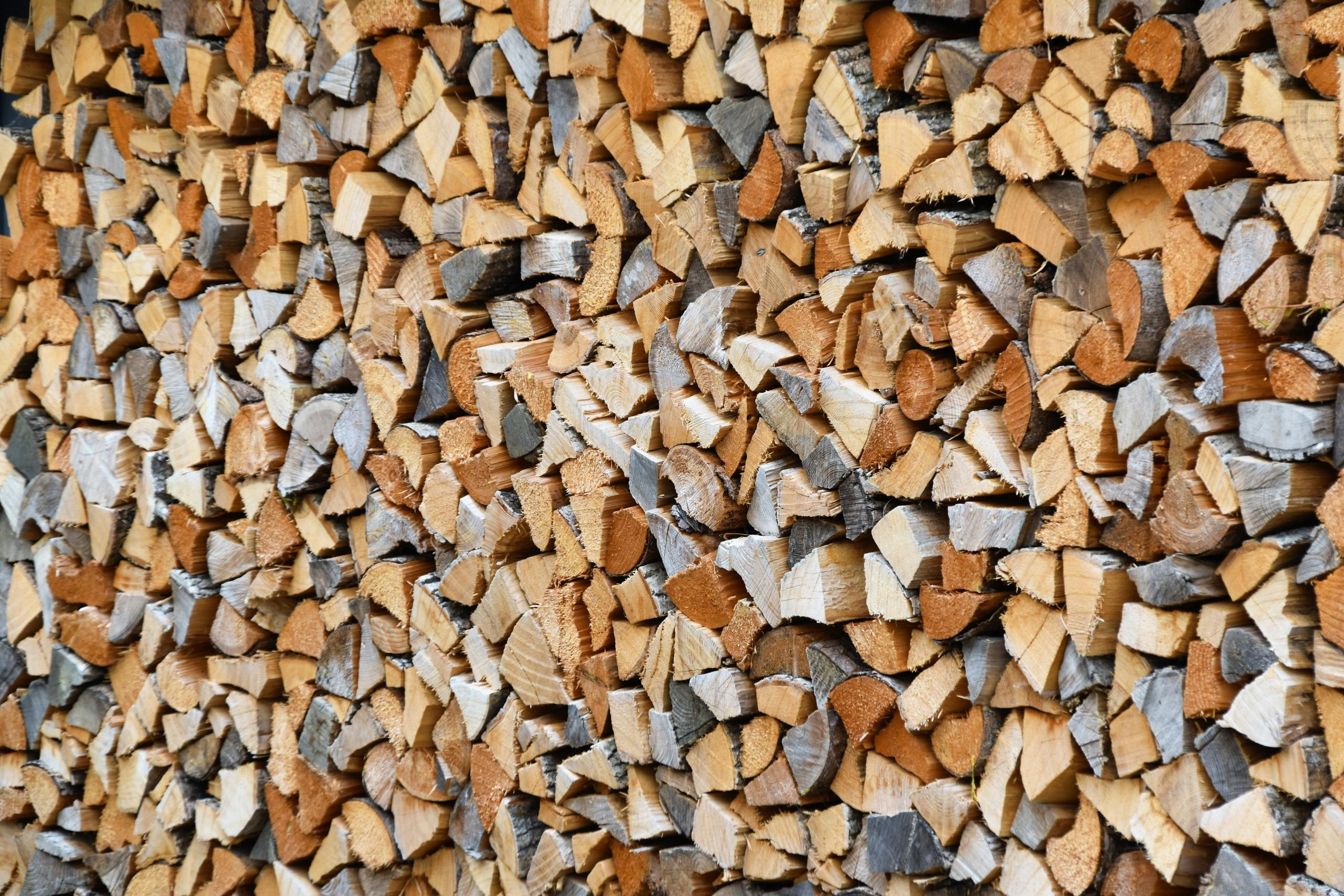
Sustainability has become a core focus in modern logistics, driving industries to rethink traditional materials and processes. One of the most significant innovations in this shift toward eco-friendly operations is the use of wood chips for developing sustainable pallet solutions. Wood chips have emerged as an environmentally responsible, cost-effective, and durable alternative to conventional pallet materials. As logistics companies aim to minimize waste and carbon emissions, Wood Chips play a vital role in supporting a greener global supply chain.
The Growing Demand for Sustainable Pallet Materials
The logistics industry is constantly evolving, with sustainability now taking center stage. Traditional wooden pallets, while durable, contribute to deforestation and resource depletion. On the other hand, wood chips are derived from recycled or leftover wood, making them an eco-conscious choice. Using wood chips helps industries reduce waste, repurpose by-products, and lower their overall environmental footprint. Businesses are recognizing that incorporating wood chips into their pallet production aligns with corporate sustainability goals and enhances brand reputation.
How Wood Chips Are Processed into Pallet Materials
The process of transforming wood chips into pallet materials involves advanced engineering and compression techniques. Initially, wood chips are collected from sawmills, forestry operations, or recycled wooden products. They are then cleaned, dried, and processed under high pressure to form durable composite boards. These boards are later shaped into pallets that are strong, lightweight, and resistant to moisture. The use of wood chips ensures minimal waste generation since every piece of wood is utilized efficiently, promoting a circular economy model.
Environmental Benefits of Using Wood Chips
One of the key reasons logistics companies are turning to wood chips is their positive environmental impact. By utilizing wood chips, businesses significantly reduce their reliance on new timber, thus preserving forests and promoting biodiversity. Additionally, pallets made from wood chips are biodegradable and can be recycled at the end of their life cycle. This sustainable approach supports carbon neutrality and reduces landfill waste. Furthermore, sourcing wood chips locally cuts down transportation emissions, making the entire process more environmentally friendly.
Economic Advantages of Wood Chip-Based Pallets
Beyond sustainability, wood chips offer remarkable economic benefits. The production of pallets using wood chips is generally more affordable than manufacturing with virgin lumber. Since wood chips are often derived from waste wood, raw material costs are considerably lower. Moreover, pallets made from wood chips are lighter, which reduces shipping expenses. This cost-efficiency, combined with environmental benefits, makes wood chips a preferred material for modern pallet solutions across industries such as retail, logistics, and manufacturing.
Durability and Performance of Wood Chip Pallets
Pallets made from wood chips are designed to meet high-performance standards. These pallets are strong enough to handle heavy loads, resistant to pests, and less prone to warping or cracking compared to traditional wood. The binding process used to compress wood chips enhances structural integrity, ensuring long-lasting use. Additionally, since wood chips can be treated to resist moisture, the pallets perform well in humid environments, making them ideal for international shipping and storage.
Contribution to Circular Economy Practices
The integration of wood chips into pallet production promotes circular economy principles. Instead of discarding wood waste, companies recycle and repurpose it, extending the lifecycle of natural resources. When pallets made from wood chips reach the end of their usability, they can be shredded and reprocessed into new materials or used as biomass fuel. This sustainable loop reduces the demand for virgin materials and supports responsible resource management. By relying on wood chips, companies actively contribute to waste reduction and resource conservation.
Innovations in Pallet Manufacturing Using Wood Chips
Technological advancements have made it possible to improve pallet production with wood chips. Modern compression molding machines can produce high-strength pallets from mixed wood chips and resins. These pallets are uniform in size, durable, and suitable for automation systems used in warehouses. Additionally, manufacturers are experimenting with biodegradable binders and coatings, ensuring that pallets made from wood chips remain fully sustainable. As demand for eco-friendly logistics solutions increases, wood chips are expected to become a staple in pallet innovation.
The Role of Wood Chips in Reducing Carbon Footprints
Every step toward sustainability counts, and wood chips help reduce carbon emissions throughout the supply chain. Since wood chips are often sourced from recycled wood, their production emits less carbon compared to cutting down new trees. Furthermore, when used as biomass energy after their lifecycle, wood chips release only the carbon they originally absorbed, maintaining a carbon-neutral balance. This closed-loop system demonstrates how wood chips can transform logistics into a cleaner, more efficient industry.
Conclusion
Sustainable pallet solutions are essential for modern logistics, and wood chips have proven to be a game-changer in this field. From reducing waste and conserving forests to providing cost-effective and durable materials, wood chips offer a wide range of environmental and economic benefits. Their use promotes a circular economy, lowers carbon emissions, and aligns with global sustainability goals. As logistics companies continue to adopt greener practices, wood chips will remain at the forefront of innovation, driving a more sustainable and efficient future for supply chains worldwide.





